
Baby Boomers are people who were born between 1946 and 1964, and only 51% are computer or internet literate. They hold 52% of the U.S. net wealth, make up 20% of the population, and represent 39% of all homeowners. They have an average annual income of $78,317 and 44% of them identify as conservative/Republican. The data for this list are taken from YouGov.
#10 X (Formerly Twitter)
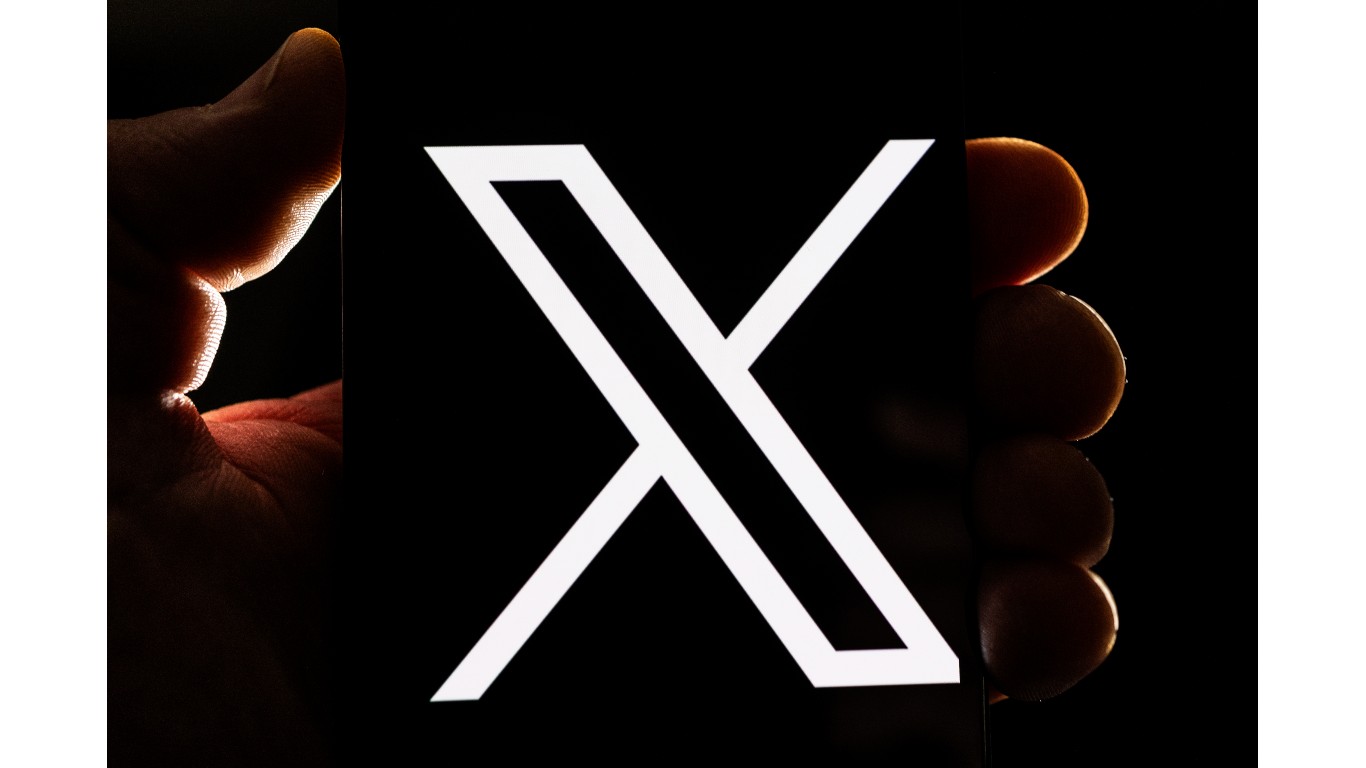
Since Twitter’s purchase by Elon Musk, its popularity, stability, reputation, and usefulness have fallen off a cliff, being ridden with bots, fake accounts, and extremist groups. For all age group demographics combined, X is only the 12th most popular social network so it’s interesting that so many Boomers spend their time there.
#9 Merriam-Webster
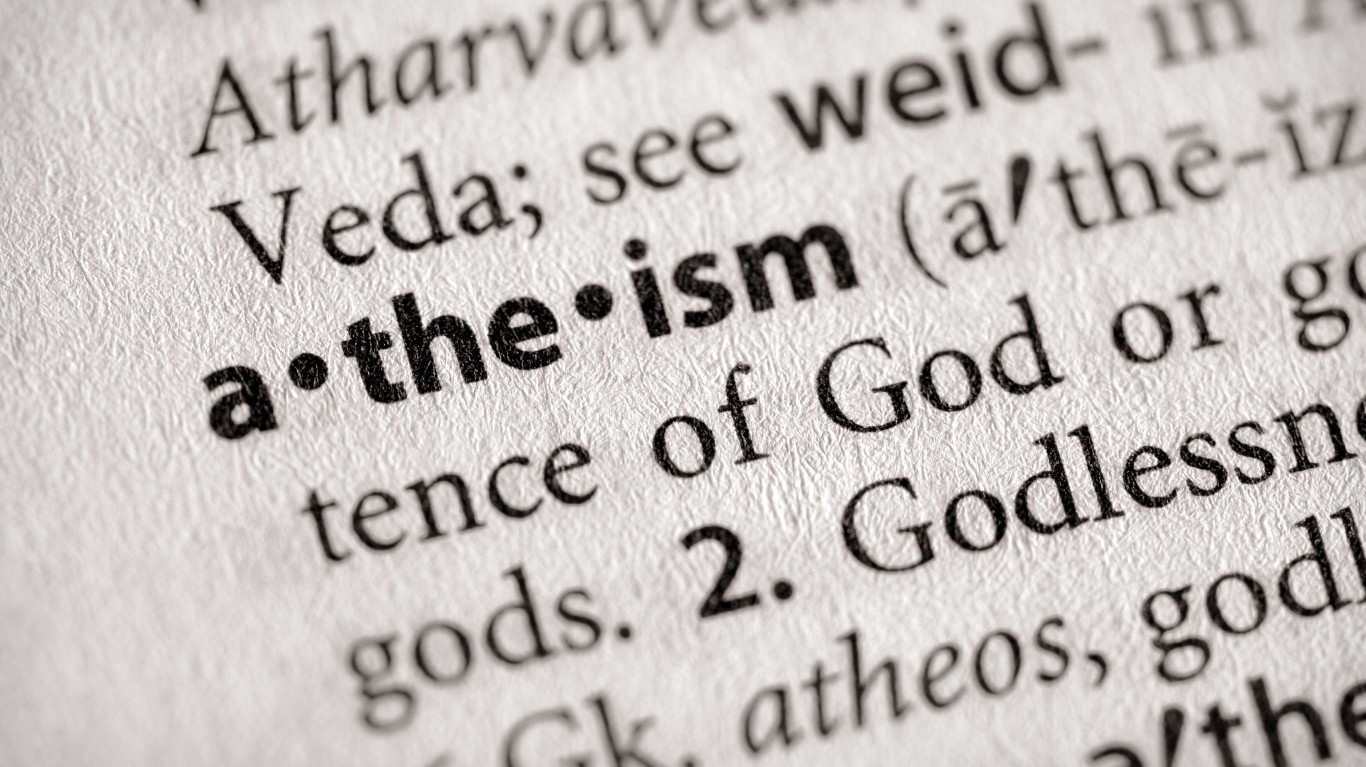
Merriam-Webster has been in the business of defining the English language since 1831. It wasn’t until 2002 that it became a well-trusted website. The first version of the dictionary was the Third New International Dictionary which was available on a subscription basis only.
#8 LinkedIn
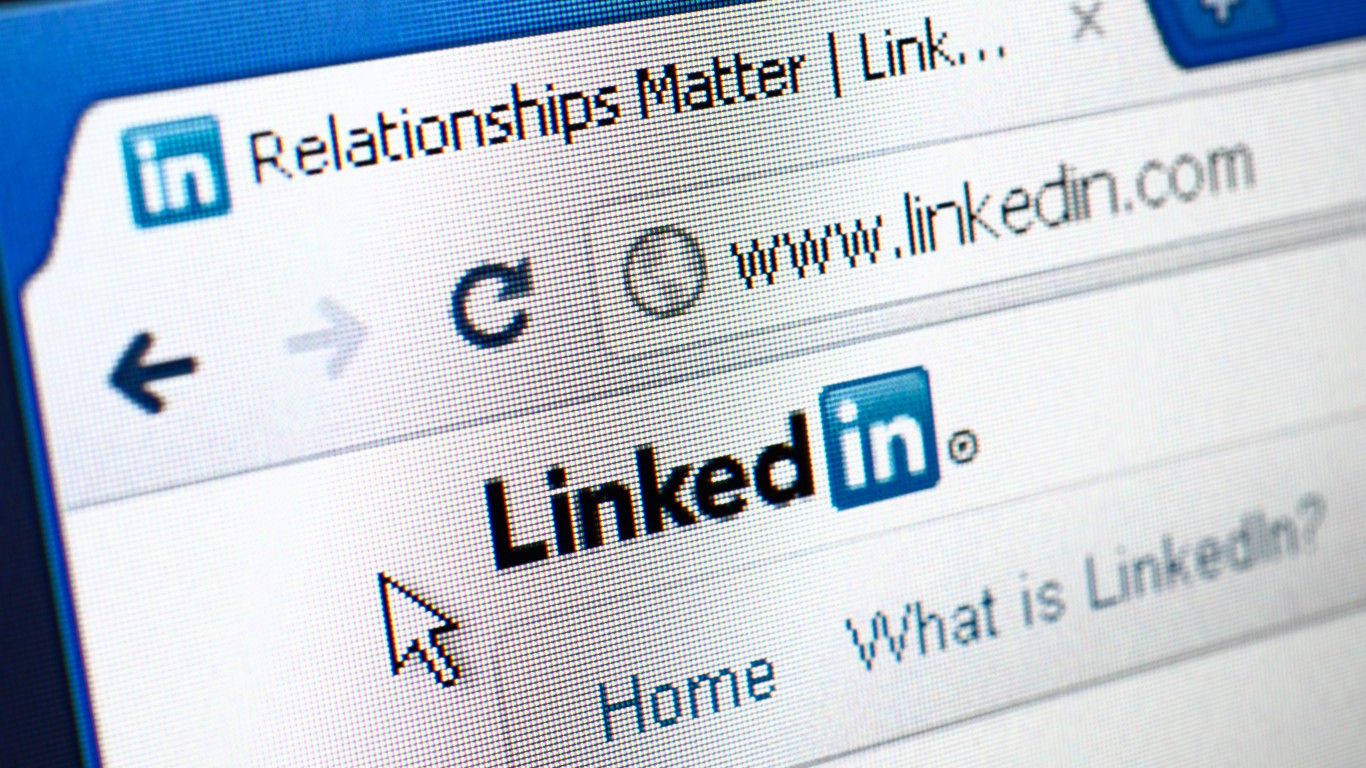
Another Boomer favorite, LinkedIn, also emerged in 2002. It was created by an executive of PayPal, Reid Hoffman, who wished to have a social network exclusively for business professionals. In 2002, niche social networks were being created like dating websites, so an idea for a certain audience, instead of being a catch-all like Facebook wasn’t unique.
#7 U.S. Postal Service Online

The U.S. Postal Service has been around since 1775, and since then, generations of people have been standing in line. Since younger generations don’t send messages via snail mail, and older generations are more likely to, it makes sense that the Venn Diagram of “People who Go to The Post Office,” and “People that Have a Basic Amount of Computer Literacy,” have a Baby Boomer overlap.
#6 Instagram
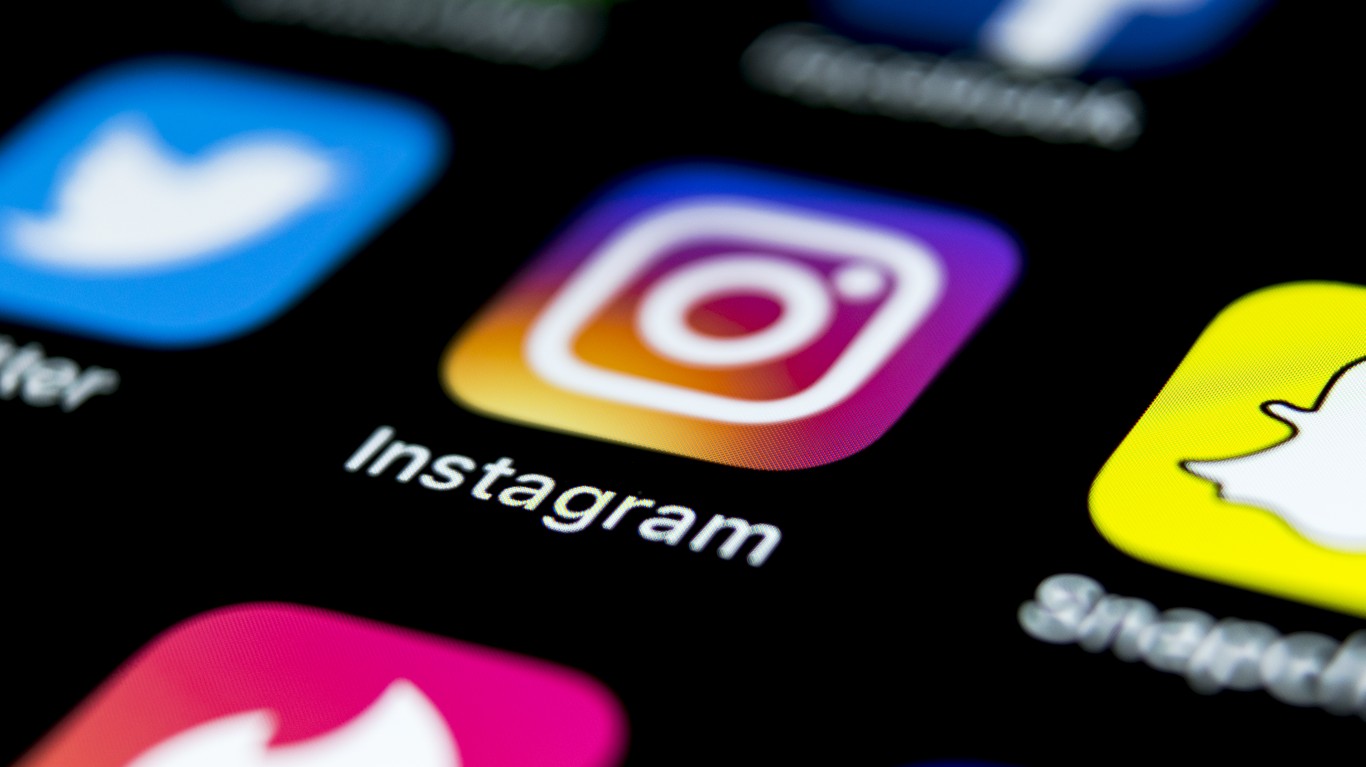
As younger generations moved on to different social media sites such as the very popular TikTok, the share of users that are Baby Boomers keeps increasing. Currently, 65% of all Baby Boomers use Instagram. Interestingly enough, 85% of all Instagram users are younger than 45.
#5 AccuWeather

AccuWeather is a weather website. Most smartphones come with a weather app, but that doesn’t stop Boomers from looking it up on the internet anyway. In their defense, AccuWeather is considered to be the most accurate weather provider.
#4 Pinterest
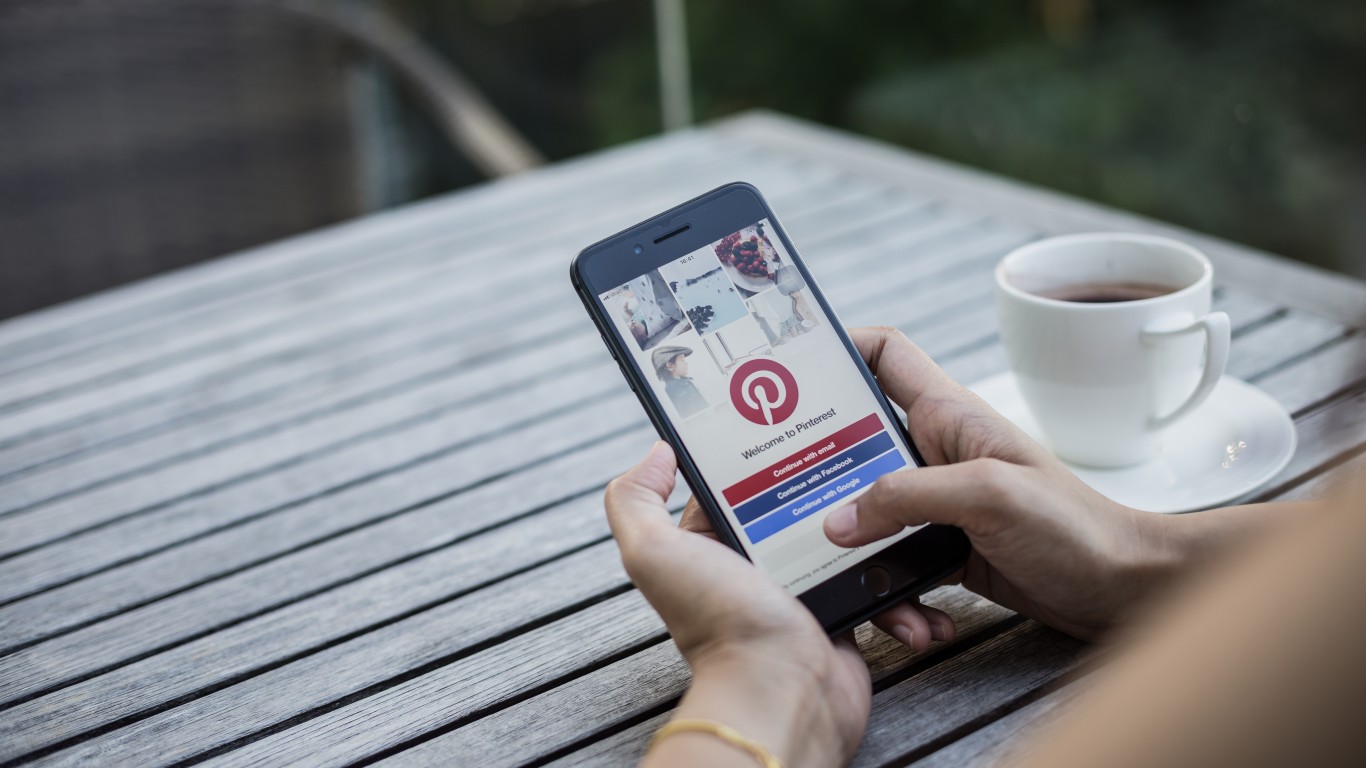
The popularity of Boomers on Pinterest makes sense since they just had to be crafty without the internet for most of their lives. Pinterest offers users a social media platform combined with a visual discovery engine. With Pinterest, every Boomer can be an interior designer, amateur hobbyist, and recipe collector. And in a way, it might help Boomers navigate the Internet a little bit easier. Almost like a curated version of the internet.
#3 WebMD

Seeing that Baby Boomers ages 60–78, use a significant amount more specialist health care compared to younger generations, who use more primary care. In layman’s terms, Baby Boomers seem to use more specialists like podiatrists, oncologists, ophthalmologists, etc. While younger generations focus more on preventative care like family doctors, OBGYNs, and pediatricians.
#2 Wikipedia

Wikipedia users consist of 49% of 50–64 year olds, and 33% are 65 years old and older. Wikipedia is a controversial source of information. According to Wikipedia it is, “a comprehensive written compendium that contains information on all branches of knowledge. Encyclopedias are designed to introduce readers to a topic, not to be the final point of reference.” Whether Boomers use it as a final point of reference or not is unknown.
#1 Facebook
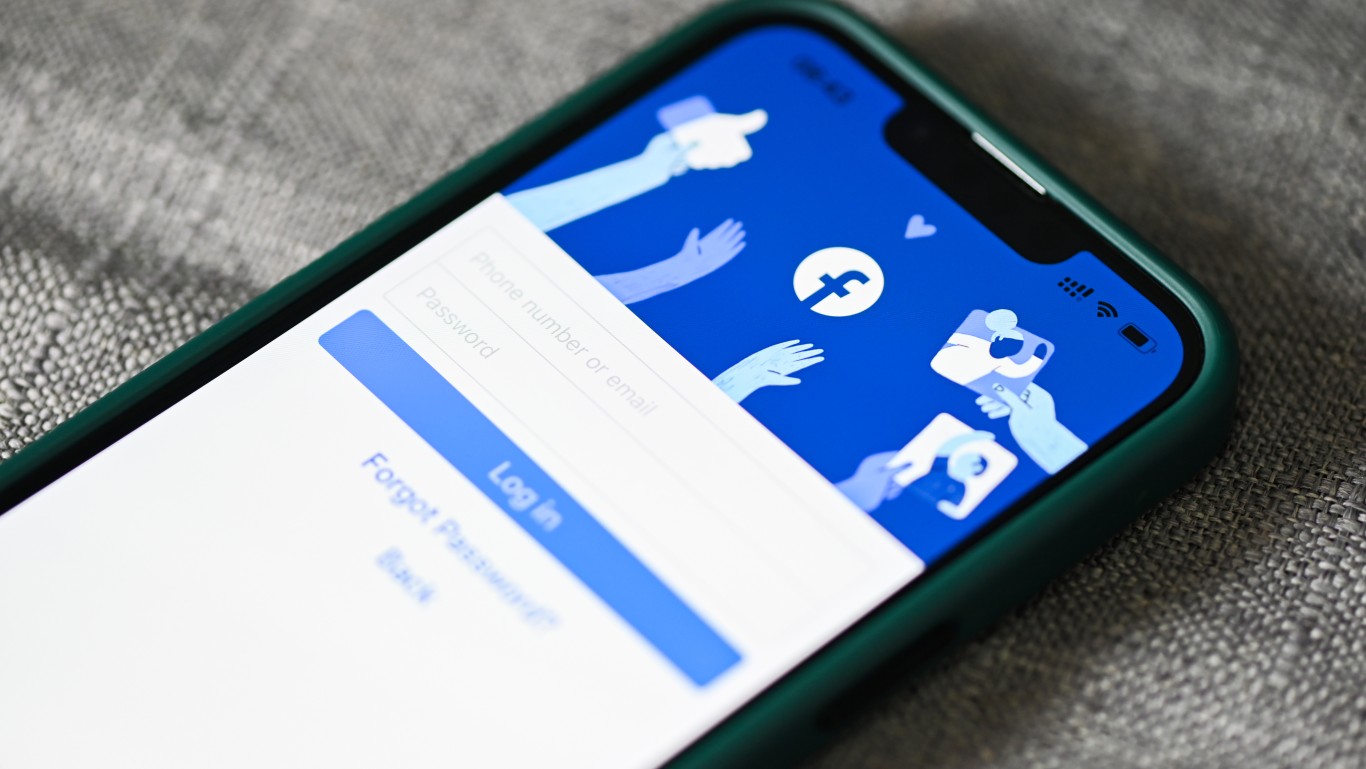
Facebook is now the wild west of the internet that brings strangers, bots, artificial intelligence, and distant acquaintances in the same arena. Out of its over three billion monthly users, around 30 million are dead and millions are bots. Facebook removes 5.6 billion bots from its website per year and it is estimated that there are actually more bot users than human users.
Are You Still Paying With a Debit Card?
The average American spends $17,274 on debit cards a year, and it’s a HUGE mistake. First, debit cards don’t have the same fraud protections as credit cards. Once your money is gone, it’s gone. But more importantly you can actually get something back from this spending every time you swipe.
Issuers are handing out wild bonuses right now. With some you can earn up to 5% back on every purchase. That’s like getting a 5% discount on everything you buy!
Our top pick is kind of hard to imagine. Not only does it pay up to 5% back, it also includes a $200 cash back reward in the first six months, a 0% intro APR, and…. $0 annual fee. It’s quite literally free money for any one that uses a card regularly. Click here to learn more!
Flywheel Publishing has partnered with CardRatings to provide coverage of credit card products. Flywheel Publishing and CardRatings may receive a commission from card issuers.
Thank you for reading! Have some feedback for us?
Contact the 24/7 Wall St. editorial team.

